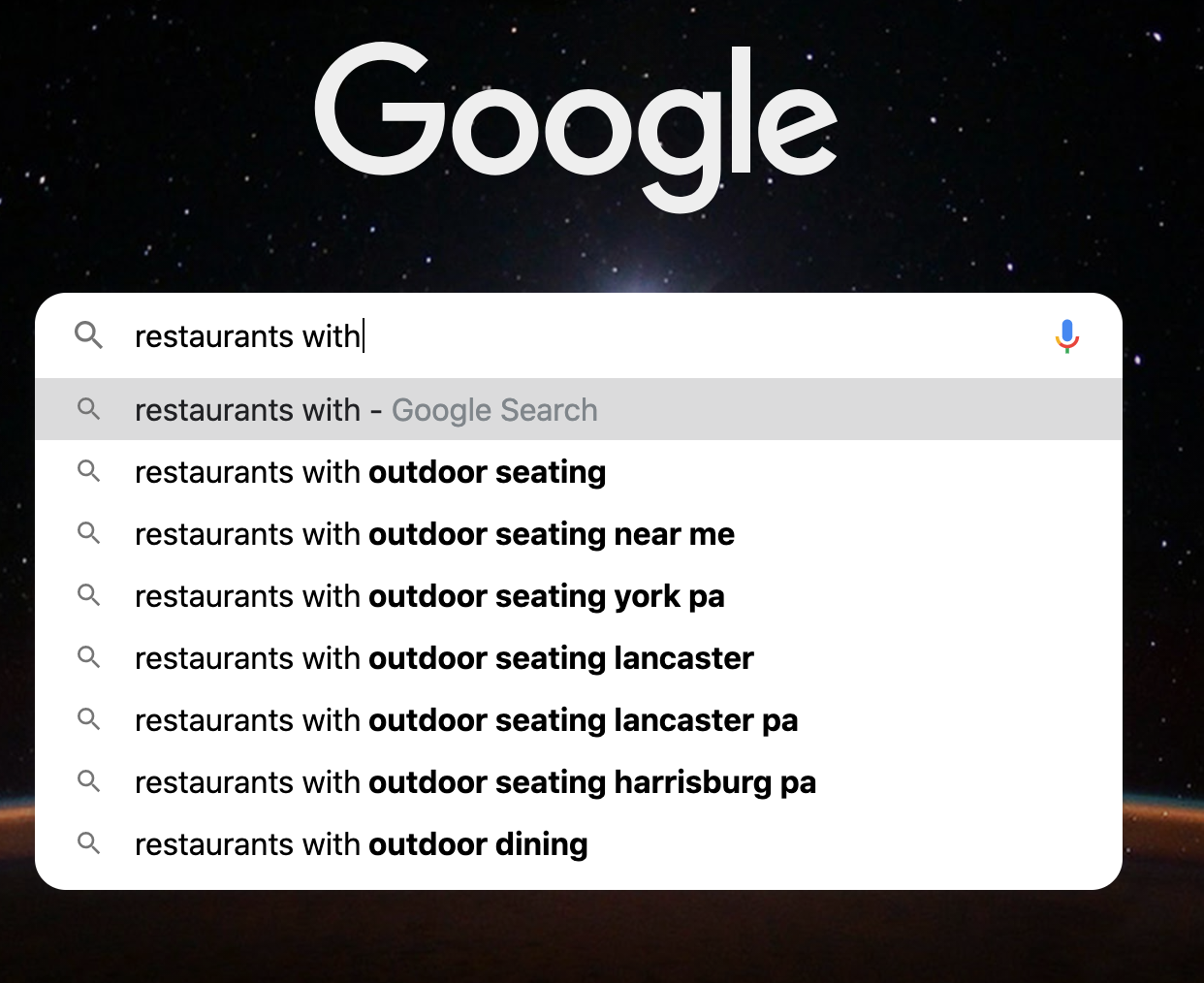We get a lot of questions here at Sparrow asking us, “What should I blog about?” We personally feel your pain. Feeling paralyzed during the brief moments you sit down to write or getting completely stuck when producing an article is a MUST, but you simply don’t know what to write about (No? Just me? If you do get stuck, check out our blog post on How to Write).
When you’re a business owner and you’re looking to start producing helpful content for your audience, you need to ask yourself some questions: What do I want to be known for? Do I want to be an educational resource? What do I want to help my clients understand? All of these questions will help guide you onto a path of topics and keep you away from fluff or irrelevant things that won’t push your business forward.
During this strategy session, Justin showed three ways you can let science guide you in this important topic of choosing blog post ideas. Here’s the full video:
1. Talk to your Secretary or Salesperson
Your employees (or maybe it’s just you?) have the greatest interactions with your customers every single day. They are talking with your audience on the phone and are the face your potential customers see first when they walk through the door. Your secretary and salesperson are the front lines for answering all their initial questions about your business and basic services. They can tell you which questions get asked the most. Take those top questions and devote a blog post to every single one.
2. Google’s Auto Suggest feature

Everyone loves Google! Well… maybe love is a strong word. Let’s just say, Google is definitely an unavoidable tool. So, when you’re doing your searches, have you ever noticed those helpful auto-suggest words that pop up to give you ideas in finishing your question? Well.. as a business owner, you can totally use those as fodder for questions to answer in your blog posts. They aren’t just random words… they are actually the most frequently asked questions by everyone performing the same couple words you suggested. So, take some time with starting topics and see what pops up, and take time to write a full blog post in answer.
3. Answer the Public
This is another tool we’ve talked about before (check out this blog post for more tools!) where you can type in a very basic topic and get the top Google searches based on the sheer number of times people are using these keywords. The free version of this resource allows you a limited number of searches per day, but that should certainly be enough to get you started writing.

Along this journey of starting a business and ramping up for producing blogs, we can tend to think of an idea and get all excited, but once you’re done writing it down, it doesn’t go anywhere. Why is that? It could be for one (or all) of the following reasons:
It’s too short.
If you think about it, can anyone really get a good explanation about a topic in just a couple of paragraphs? Not really. For that reason, Google will not view a post as authoritative and put it up in a higher ranking spot if it’s too short.
So, at the most basic level of answering a question about your business or within your industry, you’d need to write at least 300 words to be considered an authoritative source. If you wanted to go really in-depth, you could do a deep dive into a larger topic and write around 1200 words and then add links to certain areas you could explain in more detail.
So, put in the work to supply a comprehensive answer and show yourself to be the expert… because we know you are!
You haven’t shared it.

With all of us living our lives online instead of the real world, it’s important to not forget to share the work you’ve created (all those blog posts and videos) onto your various social media accounts. And if you can get your friends to share it on their pages, even better! If no one sees your work, it has done you no good. Consider also stirring the pot by sending it to your local press (want to get more airtime? Here are some great tips to get started).
Your blog posts are missing vital pieces.
Let’s talk about the anatomy of a blog post… yes, even blog posts have vital parts that cannot be ignored, so check out these helpful tips.
1. Your blog needs more than just text or words
Looking at a solid block of words is stressful and overwhelming to even the best reader. You need to break it up with images or even headings. You’re trying to help people’s eyes relax by viewing something interesting and enjoyable. No one likes a large page of nothing but words.
2. Add a related video
After you have a complete blog post, you should turn on a camera and record yourself talking about the very same topic that you just wrote about. It doesn’t have to be extra information, but some people will opt to listen rather than read, so now you’ve covered more of an audience by supplying both avenues of reception. Having these correlating options give more authenticity and extra teeth when Google is verifying you as a source of good information.
3. Call to Action
You need to tell people what they should do after reading your blog post. What is their next step? Where should they go? What resource will you give them? Make sure your main goal is to provide your audience with helpful information and reputable sources… even if they don’t end up buying from you.

I know this was a long one, folks, but thanks for hanging in there with us! Consider spending time each week working on your blog posts over a cup of coffee. This is something you should be able to whip out fairly quickly considering you know your own industry (or at least I sure hope you do!) and begin promoting and building your brand in a new and fresh way. We’ll see you at our next Wednesday strategy session!






